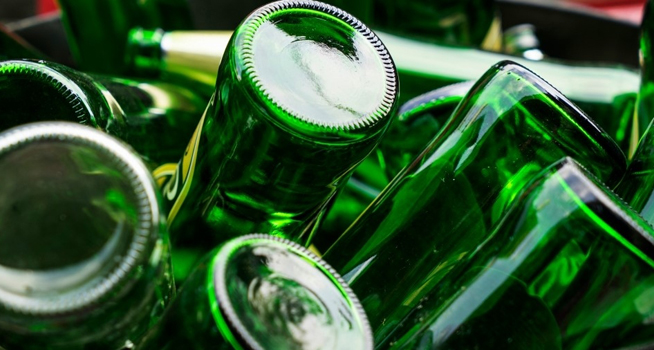British Glass has warned that the Welsh Government’s decision to include glass beverage containers in its proposed Deposit Return Scheme (DRS) risks undermining one of the most successful kerbside recycling systems in the world, creating market distortions across the UK, and adding unnecessary cost and complexity for producers and consumers.
Wales already achieves a glass collection rate from households of over 92 percent, with material suitable for closed-loop recycling back into new bottles and jars. British Glass argues there is no need for an expensive DRS, which is unlikely to increase the collection rate, and that could instead be invested in further improving the high-performing kerbside system.
The Welsh DRS consultation was launched August 18, 2025 with responses by November 10, 2025, and the intention of legislation being passed by the end of March 2026.
Nick Kirk, Director at British Glass, said, “Wales already has one of the best kerbside glass collection systems in the world – so why disrupt it with an expensive and unnecessary DRS that will deliver little extra benefit? With zero deposit on glass, the public will stick to the convenience of kerbside collections, while producers face high fees and added complexity.”
Cost risks for producers
The proposed scheme also creates serious cost risks for producers. For glass, material value is low and the zero deposit means there will be no revenue from unredeemed deposits, leaving producers to cover the shortfall through producer fees.
Market distortion in the UK
British Glass has also warned that including glass in the Welsh DRS while it is excluded from the schemes in England, Scotland and Northern Ireland will distort the market and could trigger an intervention under the Internal Market Act (IMA) late in the regulatory process, as happened in Scotland.
Protecting material quality
Currently, glass bottles and jars are collected whole (not broken) at the kerbside in Wales, ideal for colour sorting and closed loop recycling (remelt) back into new bottles and jars. Reverse vending machines (RVM) for glass typically break and crush the bottles to reduce volume and cost, undermining the quality of glass collected and reducing remelt.
British Glass’ full position is available here.





